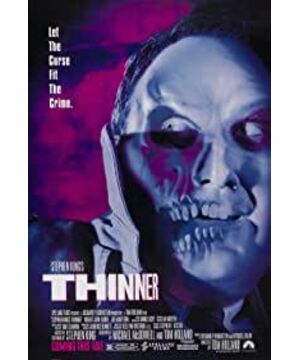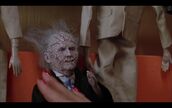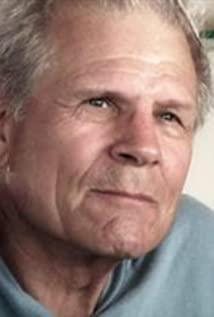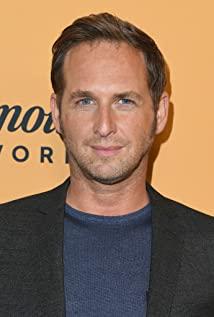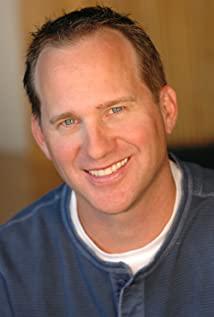Two points to make here, first, I don't think Billy's acquittal was a direct result of Billy's use of his relationship with the judge, etc., but by deceiving the judge in court that it was just an accident Others in court failed to produce evidence that Billy was in the car accident due to improper driving. Second, it is difficult for Billy to tell the fact that the accident was caused by his wife doing a Blow Job on Billy who was driving the car on a whim on the way home after a party at night. Billy's driving the car ended up causing such a tragedy.
Through the above two points, we can see that the facts are clear, but Billy is panicking. I think this lie is based on Billy's own moral judgment. Billy believes that telling the truth is indecent and that the moral consequences of telling the truth may be higher than the cost of deception, so he will lie. Such a choice of behavior can actually be said to be Billy asserting his identity and that of his wife. The gypsy grandpa then punished Billy with a curse. From a realistic point of view, this behavior is more like a manifestation of the powerless resistance of the lower classes of society in the face of the fact that they have been violated. And the movie materialized this irresistible grievance and turned it into a real force that could really affect Billy's fate: the curse of thin death.
The curse is a real force in this movie, so think of it as the punishment Billy had to pay for lying after hitting someone, but obviously it's a death sentence, more than a simple car accident. severe punishment. Because Billy not only killed someone, but also escaped punishment for lying, just like our law defines the difference between driving a car and running away after hitting a car, obviously, the curse of thin death is punished The two consecutive acts of Billy. Thinning to death is a severe punishment, which is a process that Billy needs to slowly realize after his acquittal.
Next, I want to focus the discussion on the second half of the movie, when Billy's best friend takes an AK47 and sweeps through the gypsy neighborhood. There is a detail, Billy did not directly instruct his good friend to punish the Gypsies in the movie, but the good friend's gangster attributes and righteousness, with the values of revenge for his buddies. Billy didn't directly instruct his gangster friends to punish the Gypsies, which seems to have a potential connection with the plot in the first half of the movie where Billy was acquitted only because of cheating. Li was saved by the environment. Billy himself had no power to change his destiny. He was his friend at critical moments, and his circle changed him.
Even later in the film, this "environmental determinism" comes into play again. One of the doctors Billy came in contact with to see a doctor seems to have had an extramarital affair with his wife. Before Billy got the curse lifted, he actually reacted to this situation in despair, because even his own life was dying. No matter what the wife does, when Billy's curse was lifted, and when Billy knew that the curse could be transferred, he did not hesitate to transfer the curse to his wife. Of course, it was purely accidental that my daughter ate the curse by mistake, but the cause and effect of all these tragedies made me feel that the movie has a deep play on social conflicts, workplace and family life. It's a tragic mix of factors, but as a movie, it's a classic.
View more about Thinner reviews


